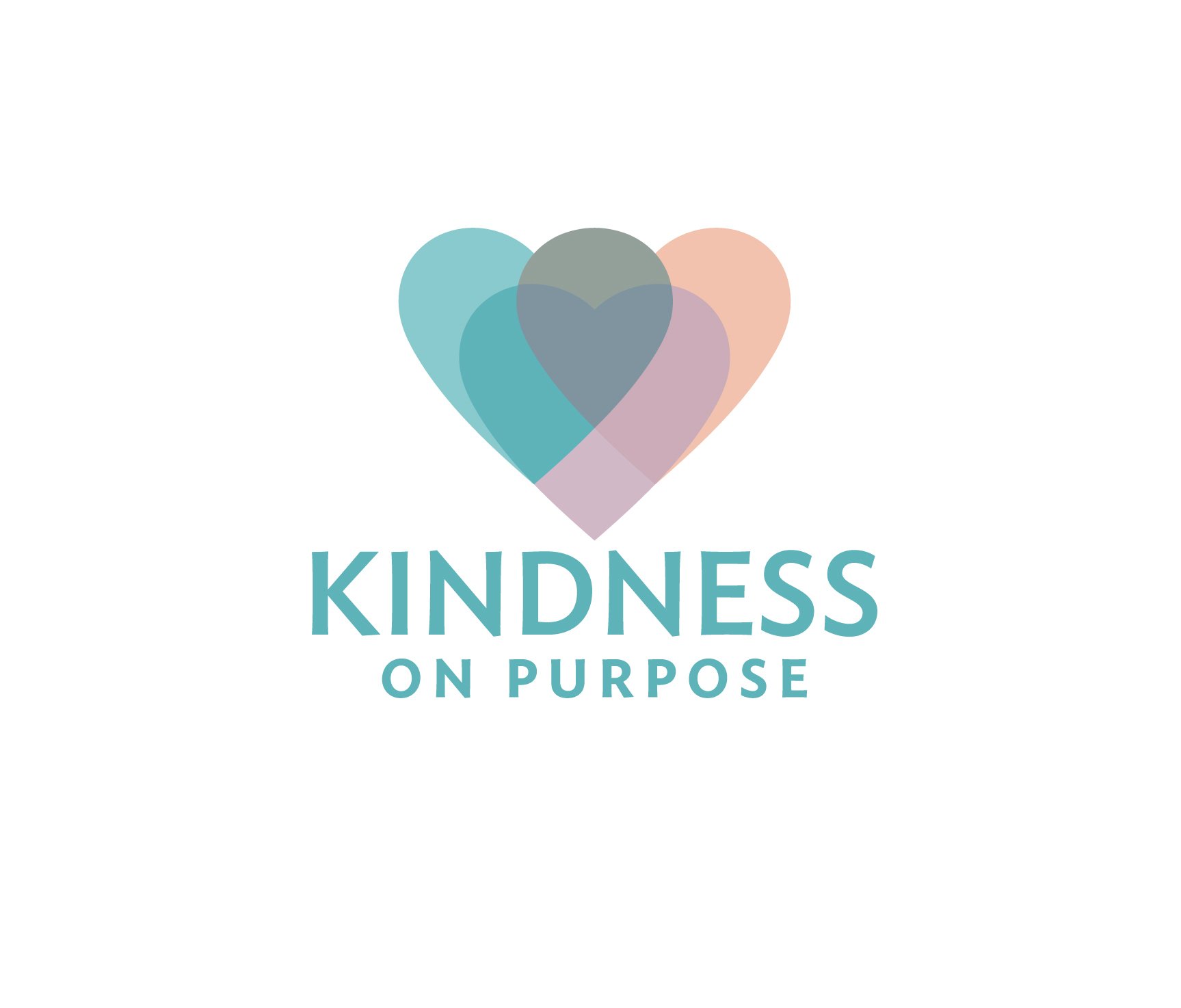Teachers: reflective practice exercise to explore your beliefs and values about bullying
As a teacher your responses to bullying or peer relational aggression in your classroom will be influenced by your own experiences, values and beliefs about bullying. Your own experiences may influence you to either under react or over react to a bullying incident in the classroom.
Self awareness is a key element when addressing any area of practice. Exploring your own personal views, values and experiences is critical to assist you to respond in a more proactive and appropriate way.
As you look over the following points of reflection know that whatever your response may be it is completely understandable. It is just your current way of understanding and dealing with bullying behaviour.
Whilst a review of your current beliefs, values and experiences can be a confronting it can also be such a helpful self refection exercise to help you understand any bias that you may have. The best professionals constantly review their practice. It ensures we are accountable and demonstrates a commitment to authentic professional development.
Here are 3 points of reflection to help you explore your own views and experiences with bullying.
1. Victims of bullying need to develop resilience.
A belief that the victim of bullying needs to develop resilience may mean that we are more likely to be dismissive of a child when they report bullying. Resilience is a positive life skill that can only be developed once a construct of safety has been established (ie the school has responded effectively to directly address the bullying behaviour). Once safety has been established for the child then they will feel safe to further develop their resilience. There is no place for resilience unless safety ahs been established first.
2. Children who bully will never change.
When you are working with children who engage in acts of bullying it is easy to lose hope. All professionals lose hope when faced with children who express their distress through behaviours that hurt others and ultimately themselves.
One of the best ways to address bullying behaviour is to increase a child’s sense of empathy through social and emotional learning. Programs that increase empathy are now seen as to be the most effective way to reduce bullying and increase emotional well being and learning outcomes at school.
3. Have you ever experienced bullying as a child or adult?
If you were bullied yourself as a child you may be either desensitized or hypersensitive in your response when one of your students is bullied or engages in bullying behaviour toward another student. How you dealt with your feelings about your own bullying experience is likely to impact upon how you now respond when you are faced with a bullying situation at school.
That is why it is important to explore what happened to you, what feelings you had both at the time and now about your experience of bullying.
Everyone who has been bullied has had their own individual experience. The way they felt and the way they coped is determined by the way the bullying took place and the kind of support they received or did not receive at the time.
For example, people who have had to repress their feelings when they were bullied as a youngster are more likely to be dismissive now as an adult. And people who felt unprotected and are living with a sense of the injustice of their own bullying experience may be likely to be more reactive when dealing with a bullying experience in their classroom.
It is therefore important to explore your own experiences so that you can mindfully consider how they impact on the way you respond now in your teaching role.

